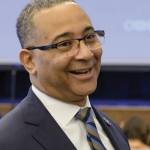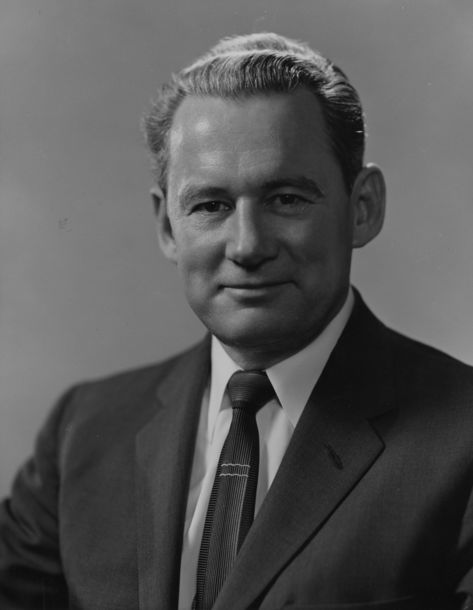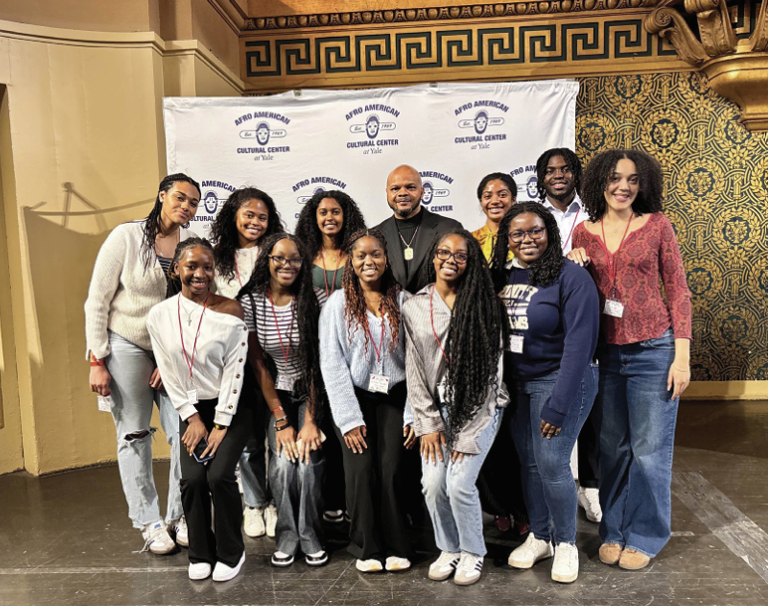Kash Jain ’24
Opinion Editor
In 1958, then-Congressman Clair Engle was elected to represent California in the United States Senate.
Engle, the son of a cattle rancher, built a reputation at a young age; he was known for picking fights with bullies and winning a race for school president by pulling together students from rural areas against candidates from the town. In 1934, at just 23 years old, he became the Tehama County District Attorney. He briefly served in the California State Senate before winning a special election to the House of Representatives, then running for the higher chamber fifteen years later.
He was a casual pilot, an avid fan of cigars, energetic, and outspoken, eventually given the nickname “Congressman Fireball” by his colleagues. Despite the bold moniker, Engle was a diligent man and an effective legislator who focused on issues that were anything but fiery: water conservation, mining, and irrigation.
Engle was a conservative, anti-bureaucracy Democrat who always fought for “the little man.” He represented a brand of politics that’s faded with time, heavily-local and always remembering the rugged, snow-capped mountains and lush valleys of his home, not uncompromising, but never one to back down from fighting for what he believed in. He was charismatic and unimpeachable, a real-life version of Frank Capra’s Mr. Smith.
In August 1963, Engle was left partially paralyzed after a surgery to remove a brain tumor. Following persistent health issues and a session where he tried to introduce a resolution but was unable to speak, Engle ceased his plans to run for re-election. It was soon apparent that he was unlikely to serve out the remainder of his term.
It was a trying time for the nation, but a moment with true potential. America found itself fearful of threats abroad, marching against freedom in a campaign of paranoia as the specter of war crept over the nation. The Civil Rights Movement had reached a crescendo as Washington finally began to pay attention to calls for the government to take a stand against racial discrimination. As the economic boom of the post-war era faded and the 1960s began, many Americans were eager for change.
Engle, too, was ready for change. His conservative inclination was trumped by his continued fight for “the little man,” and he became a proponent of civil rights legislation, changing with the times and the asks of his constituents.
The defining moment of Engle’s career would come in the summer of 1964. Proponents of the Civil Rights Act had spent months trying to shepherd it through the Senate. It was a complex, bipartisan effort, with leaders in both chambers and President Lyndon B. Johnson lobbying for its passage. Senate Majority Leader Mike Mansfield needed to win over the members of his party, and he had to ensure that Senate Minority Leader Everett Dirksen would not only support but actively fight to secure Republican votes on a key component of the Democratic President’s agenda.
Even with the support of both parties’ Senate leaders, proponents of the bill were faced with the uphill fight of securing 67 votes for cloture to end debate on the bill and allow it to pass, something that had never successfully happened for civil rights legislation. On the morning of June 10, 1964, Senator Robert Byrd ended his filibuster, and the Senate embarked on one of the most important votes of the century. Engle was transported by ambulance to the Senate, facing terminal illness and unable to speak, but still ready to fulfill his duty.
When the secretary called for the vote of “Mr. Engle,” the Senator slowly raised a hand to his eye and pointed at it thrice, wordlessly casting his vote in favor of cloture on the Civil Rights Act. He would do the same days later when the bill was given a vote of passage.
It was not until the 96th vote, Delaware Senator John Williams, that cloture was reached; the remaining Senators all voted in favor of cloture, bringing the total vote to 71-29. The ferocity of that effort, the joining of forces between political foes, seems unimaginable today, especially for an issue as unfortunately contentious as civil rights. The fight to set aside politics and do good, at both the individual and institutional level, is not what it once was.
50 days after that vote, and 28 days after Johnson signed the Civil Rights Act into law, Senator Clair Engle passed away in his sleep. He was 52 years old.
In the nearly sixty years since Engle’s death, his name has largely faded from public consciousness. He may have left behind a relatively tame legacy, the products of much of his work too niche for the average American to notice, but that single vote was enough to solidify his name as one that stood for something. Congressman Fireball, flashy in demeanor but sincere in effort, stands as an example of an old sentiment of American politics: that one must fight for those that they represent and for the people of the nation, that one must take a stand for what is right no matter what it takes to do so.
In today’s politics, there are far too many who reject this notion, be they show-horses or those with ill intent. The airwaves are dominated by those with egos too large for the screens they speak through, elected officials who use their positions to drive animus towards those who are already the target of it. They stall progress, and profit in doing so.
The likes of Senator Engle have all but vanished. There are few political officials willing to put in the time and energy to better their communities and country. There are even fewer that are willing to take a stand, to fight for what is right even if it means personal sacrifice.
This doesn’t mean that fighters have vanished entirely. They can still be found on the ground, organizing and building movements for change — but even in a world that’s more connected than ever before, their efforts are too often drowned out by the rancor of heartless suits more interested in performing than producing something of value.
Engle looked out for local interests, ensuring that he delivered for the people he represented. But, beyond that, he ensured that those who were at a disadvantage had someone to fight for them in Washington — even as he was dying.
As interparty divisions seem to grow even sharper and people’s lives become weapons for political gains, those who seek and wield political power would do well to remember what Engle stood for. Political actors across the nation should take a step back and ensure that they are fulfilling the duties of their positions, and, if they can, going above and beyond in the fight for good. Perhaps, in a world with more officials like Engle, the changes that need to be made to secure a better tomorrow will have the fighters that they need to be realized.





[…] political writing, his personal favorite article he’s written for the Tripod centers around former US Congressman Clair Engle’s vote in favor of the Civil Rights Act, “a singular moment in American politics where someone, even facing death [and] so much stress […]